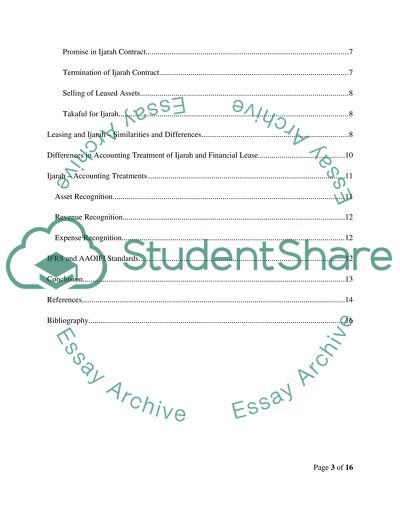Cite this document
(“Islamic Accounting: Ijarah Contract Essay Example | Topics and Well Written Essays - 2500 words”, n.d.)
Retrieved from https://studentshare.org/finance-accounting/1398278-islamic-accounting
Retrieved from https://studentshare.org/finance-accounting/1398278-islamic-accounting
(Islamic Accounting: Ijarah Contract Essay Example | Topics and Well Written Essays - 2500 Words)
https://studentshare.org/finance-accounting/1398278-islamic-accounting.
https://studentshare.org/finance-accounting/1398278-islamic-accounting.
“Islamic Accounting: Ijarah Contract Essay Example | Topics and Well Written Essays - 2500 Words”, n.d. https://studentshare.org/finance-accounting/1398278-islamic-accounting.


